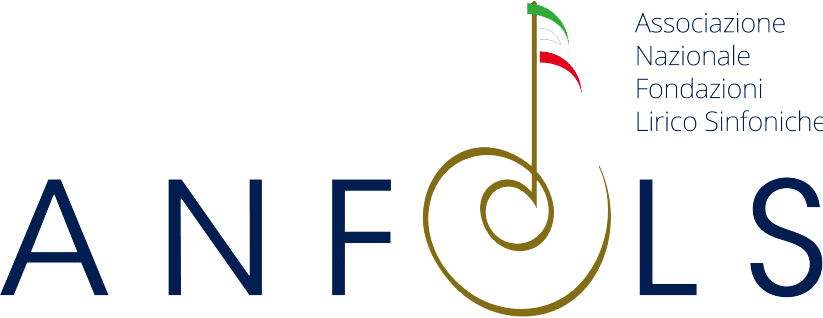Our life is defined by modal verbs. The word ‘will’ in fact is not only a noun indicating the resolution to determine our actions or the ones of the others, it is also a verb, that represent the determination to act. The modal verb ‘will’ in this sense would seem to be at the opposite ends of another modal verb ‘ must’: the former indicates the determination of performing an action, the latter indicates the obligation to do so. While determination implies a choice, obligation does not. However, both are related to another modal verb: ‘may’.
One may want something one can do
One may want something one cannot do
One may want something one must do
One may want something one must not do
The modal verb ‘Will’ therefore, would seem to be a very important one, at least from the point of view of personal fulfilment. The key is always to understand what one wants to do, however , that is not so easy to understand. In 1982, the artist Jenny Holzer displayed one of her famous bright text-based installations in Times Square: ‘Protect me from what I want’. The message, which seems to instigate deliberate self-abuse, highlights precisely the dangers of “will”. On a closer examination, the verb ‘ will’ implies the prerequisite of freedom. Only absolute freedom allows the will to be unrestricted. But to what extent are we really free today?
This is where the word “will” comes in, this time understood as a noun: the resolution to determine our actions or the actions of others. The idea of will, today, does not necessarily take the form of coercion. The imperium of the ancient Romans, which is exercised, which provokes submission, is not the most dangerous form of denial of freedom. Hegel’s master-servant dialectic is today overtaken by more subtle forms of command, to which even those who ostensibly hold power submit. “Will” or more precisely the word ‘Power does not necessarily exclude, prohibit or censor. And it is not opposed to freedom: it can even use it (…) it moulds itself on the psyche, instead of disciplining it or subjecting it to obligations or prohibitions,’ writes the philosopher Byung-Chul Han in one of his most illuminating writings: Psychopolitics (Nottetempo).
The most dangerous “will” is therefore not the “overt power”, which resides in the hands of a tyrant. This is very easy to identify, it has obvious and sometimes ridiculous, grotesque traits: it often creates addiction or anxiety, it becomes an obsession, it destroys parts of the human soul whose sacrifice can hardly be repaid. Henry David Thoreau Gustav made mockery of it in Walden: ‘What good is it to a man if he makes the whole world his own and comes into possession of it with a gastric ulcer, with a badly reduced prostate and bifocal lenses?’
Power today takes on more subtle forms. Michel Foucault had already noted the shift from ‘sovereign power’ to ‘disciplinary power’, which subjugates the human being in a docile manner, producing a completely unconscious but absolute obedience. The individual human being is today setting himself up for exploitation. He chooses put any part of his being at disposal. The imperative is productivity, absolute efficiency, the infinite multiplication of results in an upward trend that must never stop, launched towards a culmination that does not exist, an unattainable asymptote, in the name of which is being sacrificed not the human life – which sometimes apparently improves amidst increasing (and useless) material comforts – but the profound unicity of the soul.
Who really opposes this form of power? Previous issues of Caliban would say the outsider, or those who break what is forbidden. In this one we rather think of that human being who, like Simon Boccanegra, leaves behind plots and conspiracies, anxieties and ambitions, to find forgotten humanity in a last embrace, and who stops in front of the sea, to breathe together with the nature that surrounds him.
Paolo Cairoli
Director of Caliban
Calibano is the new magazine of the Rome Opera House. Created as a space for in-depth analysis and debate around topical issues raised from the performances on the theater’s program and realized in collaboration with the publishing house effequ, the editorial project involves, every four months, the publication and distribution in Italian bookstores of a monographic volume dedicated to an opera title and a related theme, through the commissioning of essays, short stories and reviews by authoritative signatures.
You can buy Calibano on the effequ website at this link, in bookstores and at the Rome Opera House shop.
The illustrations in this issue were made by Katie Morris.
The cover is from Francesco Vezzoli (Ⓒ Francesco Vezzoli goes to Teatro dell’Opera di Roma, 2024 )












